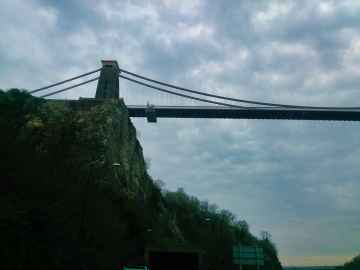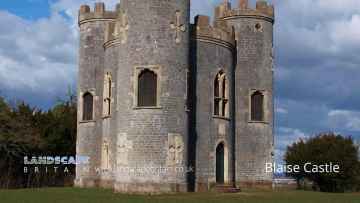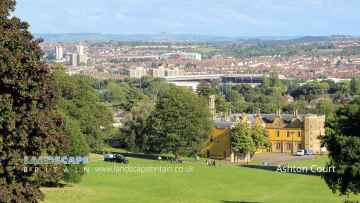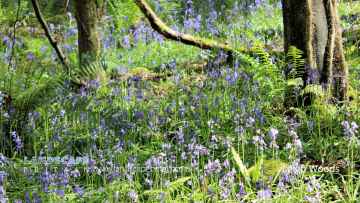Chittening
Chittening is a Village in the county of Bristol.
There are great places to visit near Chittening including some great cities, historic buildings, country parks, castles, shopping centres, ruins, parks, hills, woodlands and bluebell woods.
Places near Chittening feature a number of interesting cities including City of Bristol.
Clifton Suspension Bridge, Bristol Cathedral, Blaise Castle, Victoria Rooms, Temple Church - Bristol, Clifton Observatory, and Ashton Court are great places to visit near Chittening if you like historic buildings.
Chittening has some unmissable country parks nearby like Blaise Castle Estate, Ashton Court, and Leigh Woods.
Blaise Castle is a great place to visit close to Chittening if you like castles.
The area around Chittening features a number of interesting shopping centres including Cabot Circus, and The Mall at Cribbs Causeway.
The area close to Chittening boasts some of the best ruins including Temple Church - Bristol.
The area around Chittening boasts some of the best parks including Ashton Court, Brandon Hill, and Leigh Woods.
Places near Chittening feature a number of interesting hills including Brandon Hill.
There are a number of woodlands near to Chittening including Leigh Woods.
Leigh Woods is a great place to visit close to Chittening if you like bluebell woods.
Places to see near Chittening
History of Chittening
During World War I, the Ministry of Munitions built a filling factory for artillery shells on the site, which was farmland commandeered by the military for its closeness to Avonmouth docks and to the site of the National Spelter Company’s chemical works in St Andrew’s Road, Avonmouth, later the National Smelting Company. At Chittening, Nobel Explosives filled shells with chloropicrin, derived industrially from picric acid. In defiance of the Hague Convention on weapons, the German army used mustard gas (dichloroethyl sulphide) against Allied troops on the Eastern and Western Fronts in 1917, and the British minister of munitions, Winston Churchill, ordered supplies to be manufactured in Britain for use in retaliation. Having first used captured German gas in late 1917, and then gas produced at factories in Manchester and Runcorn, from June 1918 three filling factories, at Banbury, ROF Rotherwas at Hereford, and Chittening, were supplied with freshly manufactured mustard gas by the National Smelting Company. By November 1918, with unskilled female labour, Chittening had produced 85,424 mustard gas shells, but at a human cost of 1213 notified cases of associated illness, including at least two deaths which were later attributed to influenza. The story of the women who filled the shells at such great personal risk has been told in the stage play Gas Girls. Rather late in the day, a small hospital and surgery were opened on the site around the time of the Armistice.






















